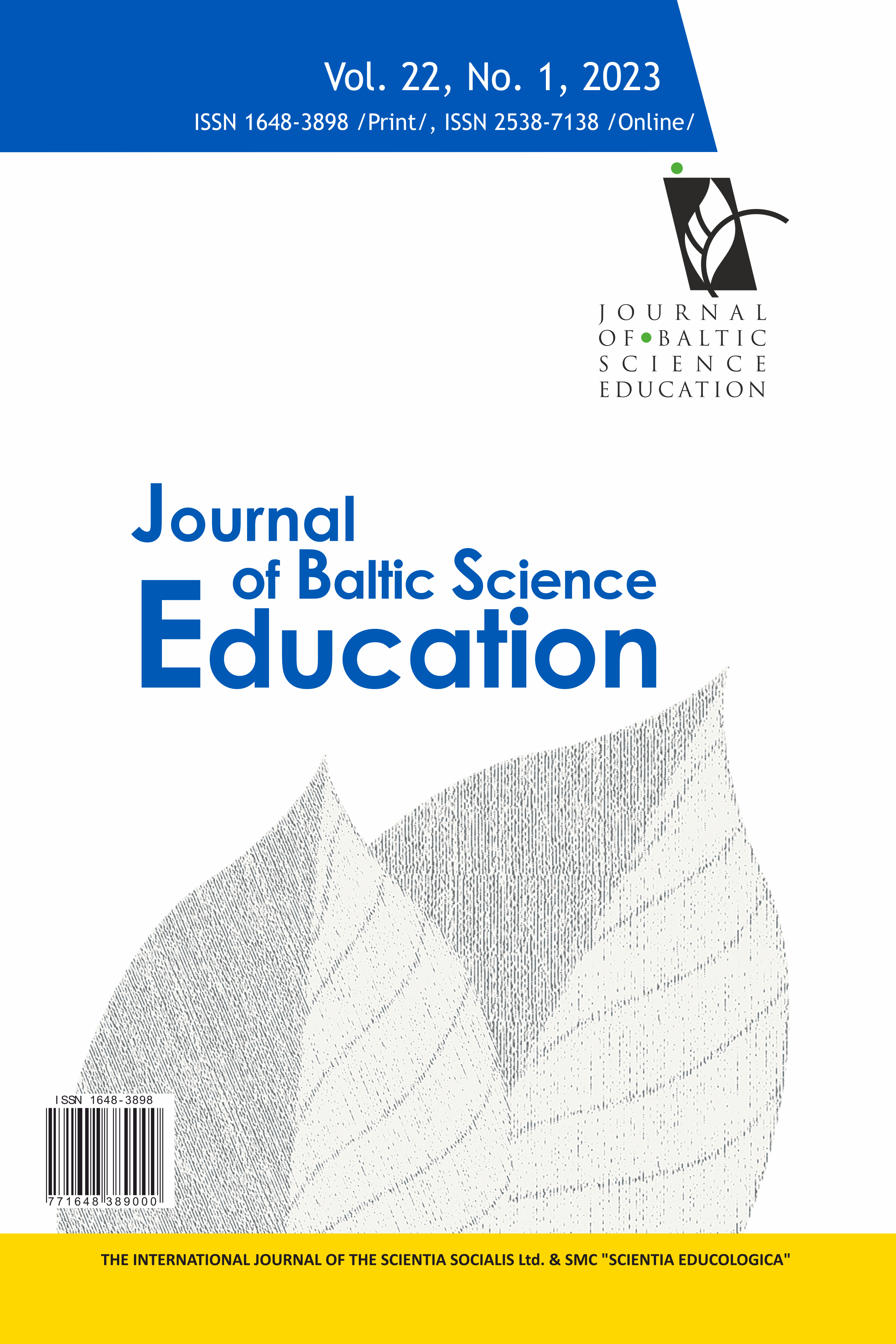THE EFFECTS OF BLENDED LEARNING APPROACH ON STUDENT MOTIVATION FOR LEARNING PHYSICS
THE EFFECTS OF BLENDED LEARNING APPROACH ON STUDENT MOTIVATION FOR LEARNING PHYSICS
Author(s): Branka N. Radulović, Marina Dorocki, Stanislava Olić Ninković, Maja Stojanović, Jasna AdamovSubject(s): Social Sciences, Education, Pedagogy
Published by: Scientia Socialis, UAB
Keywords: blended learning approach; experimental research; physics education; student motivation;
Summary/Abstract: The topic of Direct current is one of the areas where the physics students' lack of deep understanding was identified. The aim of the research was to examine the effect of the blended learning approach on students' motivation for learning physics. The sample included 128 upper-secondary school students from Novi Sad (Serbia) with an average age of 16. Of these, 64 students made up the experimental group and 64 students made up the control group. In the control group, the students did not actively participate in simulated experiments, and in the experimental group learning was realized through the application of the blended learning approach (BLA), since the students had an active role in conducting simulations themselves. The obtained results showed that BLA contributes to the overall motivation for learning physics, as well as self-efficacy and physics learning value. Also, an increase in motivation was observed in two dimensions of motivation among female students in the experimental group. The implementation of BLA caused a significant increase in the motivation of students with lower achievement. Therefore, the main recommendation, based on the obtained research results, would be for teachers to apply BLA to a greater extent because it contributes to student motivation.
Journal: Journal of Baltic Science Education
- Issue Year: 22/2023
- Issue No: 1
- Page Range: 73-82
- Page Count: 10
- Language: English

